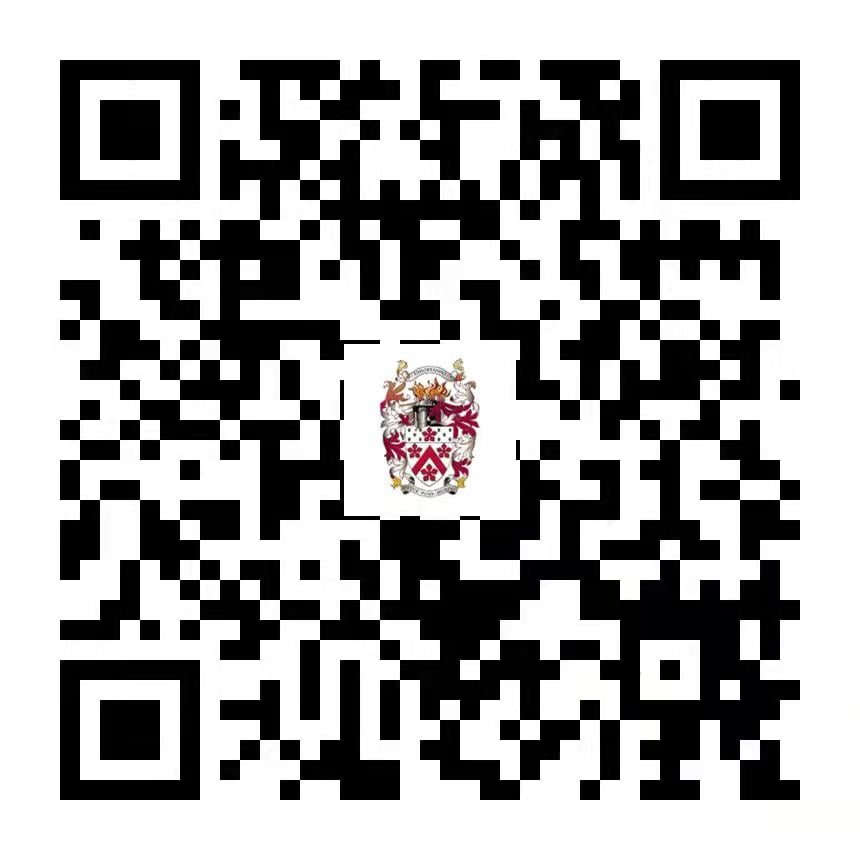Teacher's Talk: Language Learning at Dulwich
I once marked a boy’s French exercise book and he had written: ‘Ma mère est très gentille et mon père est sympa. Mon frère m’énerve parce qu’il est très fruits de mer.’ This means, for those who have not studied French, ‘My mother is very nice and my father is friendly. My brother annoys me because he is very seafood.’ What? What on earth was he trying to say? It took me a while to realise that he thought his brother was selfish but had looked up shellfish by mistake. Even dictionaries have their risks. So, language has its dangers and its challenges, as any foreigner getting a taxi in Beijing will tell you. But, in the end, the gain is worth the pain. Our students know this because so many of them come from dual or multi-lingual backgrounds. In DUCKS, with its enhanced Mandarin programme, the little ones are proving to be amazing language learners. I do think how wonderful it is that my youngest son, currently in Reception, can sing Happy Birthday in Korean, Chinese and English, thanks to the friends in his class. It does mean a huge delay with blowing out the candles but goes down a treat with his English grannies when he phones them on their birthdays. Our Chinese teachers at Dulwich face challenges on a daily basis and the job they have in not only teaching the tones in Chinese but also the characters are not to be underestimated. My children have now over-taken me, even my five year old, and love it when a waiter or shop assistant fails to grasp the word that I have tried to say so clearly. And when I finally make myself understood, the Chinese person repeats the word back to me as if I have a serious learning issue. Just a slight change of tone leading to all that confusion! Fortunately, there is more to learning a language than the merely functional. Our Head of Chinese, Ms. Liu, says, ‘Teaching languages is more than obtaining excellent results. It is a combination of culture, history, society, lifestyle and living experiences. Our educational philosophy is to offer such a beautiful combination and constantly remind students to appreciate the richness of Chinese culture and diversity.’ We take our language learning seriously at Dulwich, as we should with children from 45 different nationalities. German was introduced for native and non-native speakers last year and is proving a great success. Mrs. Lemm-Markus, our Head of German, talks about the native German programme, ‘Research is very clear about the importance of bilingual children’s mother tongue for their overall personal and educational development. When they develop a solid foundation of their mother tongue, they build stronger literacy in the school language.’ Following feedback from parents, we also introduced a Dutch language and culture club for native speakers and Ms. Grant, Head of Junior School, is delighted with its popularity. We were lucky enough to find an experienced Dutch teacher (also a DCB parent) to take this class. So, does the international context help with language acquisition? Undoubtedly. Our students never cease to amaze us and our ‘Third Culture Kids’ are growing up aware that linguistic opportunities abound. Ms. Lucron, our Head of Modern European Languages, comments that two students in Year 13, who have studied French for only 18 months, are now conducting 95% of the lessons in the target language. Merveilleux! Some of our Korean IB CAS students translate the weekly College newsletters and Chinese-speaking students are busying themselves with translations of the early years documentation. Perhaps the most impressive project of all is that introduced by Leanne Robinson (Year 13). She decided to start an English programme for the security guards at school. Her words speak for themselves: ‘The project started off with myself as the coordinator, 12 student teachers, and 8 guards. We now have a leadership team of 4 students, over 25 student teachers as well as 14 guards who attend the lessons almost on a daily basis. This project has had a huge impact on the guards’ confidence when speaking English to students, parents and teachers. In one of the initial trial lessons, one of the head guards came in to see what the project was about and he said to the guards, “This is an opportunity you will not get anywhere else, make the most of it.” This stuck in the minds of the people in that room; it showed the guards the importance of attending the lessons, and the students were filled with a passion and motivation to commit to this project. There are many questions about language that continue to fascinate me. Does the language we are speaking develop from our thoughts or is it the other way round? On one point there is agreement: our language, our culture and our identity interconnect and language learning is a stimulus that engages the brain and aids overall cognitive ability; powerful reasons to keep promoting languages and language learning at Dulwich. I shall finish with words from Ms.Tosi, our Head of EAL (English as an Additional Language), who also supplied the quotation at the start of this article. ‘Language shapes the way we think. Being bi-lingual or multi-lingual in today’s society truly does build bridges to other worlds. It is inspirational to walk our hallways and see students of incredibly diverse backgrounds communicating with each other through shared languages.’ If you are currently a language learner, I hope this short article has served as an incentive to continue. If you have not started, take the plunge and remember ‘little and often.’ I must finish now - I need to work on my tones. Simon Herbert Head of Senior School Dulwich College Beijing
Connect with us





